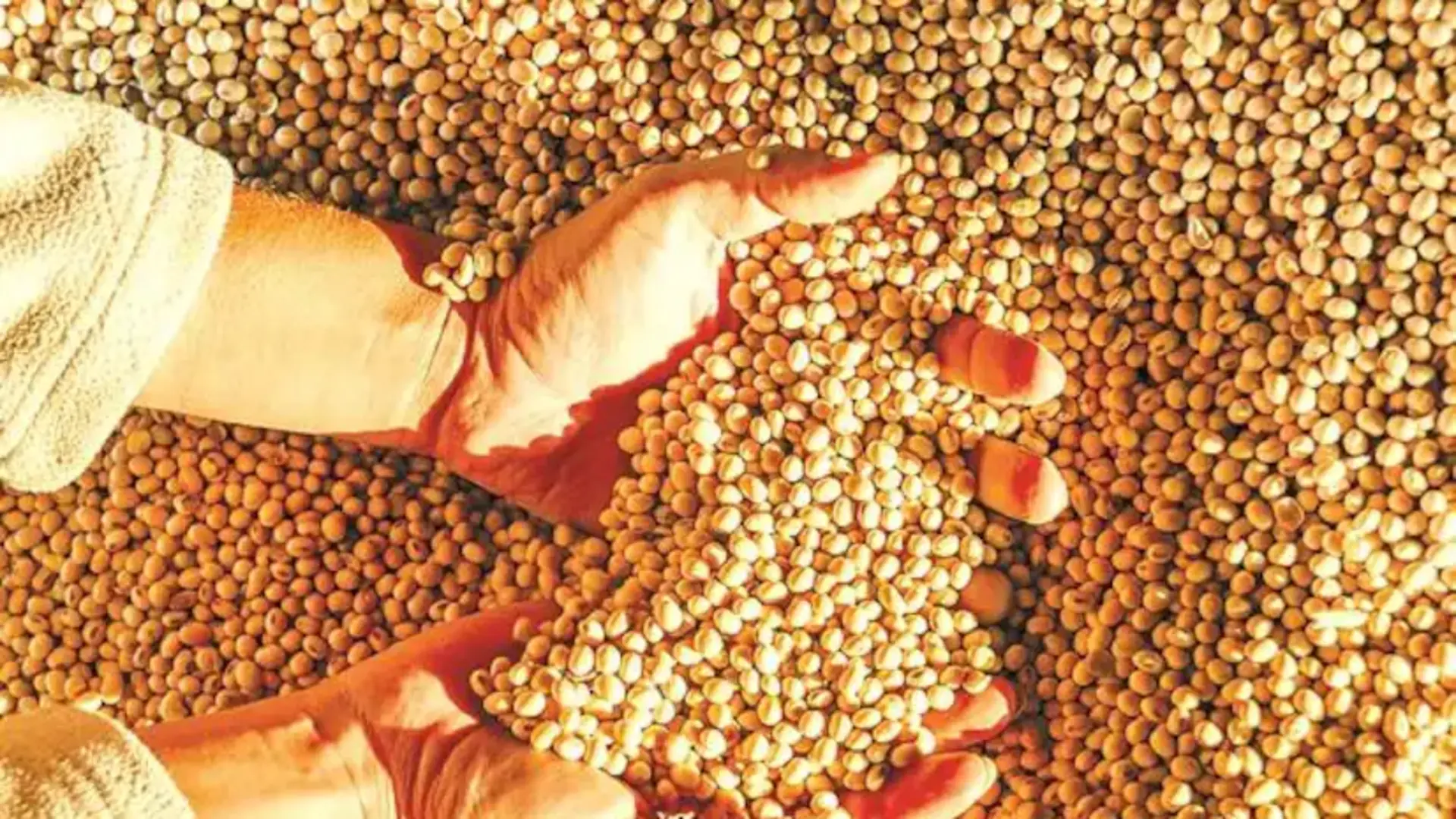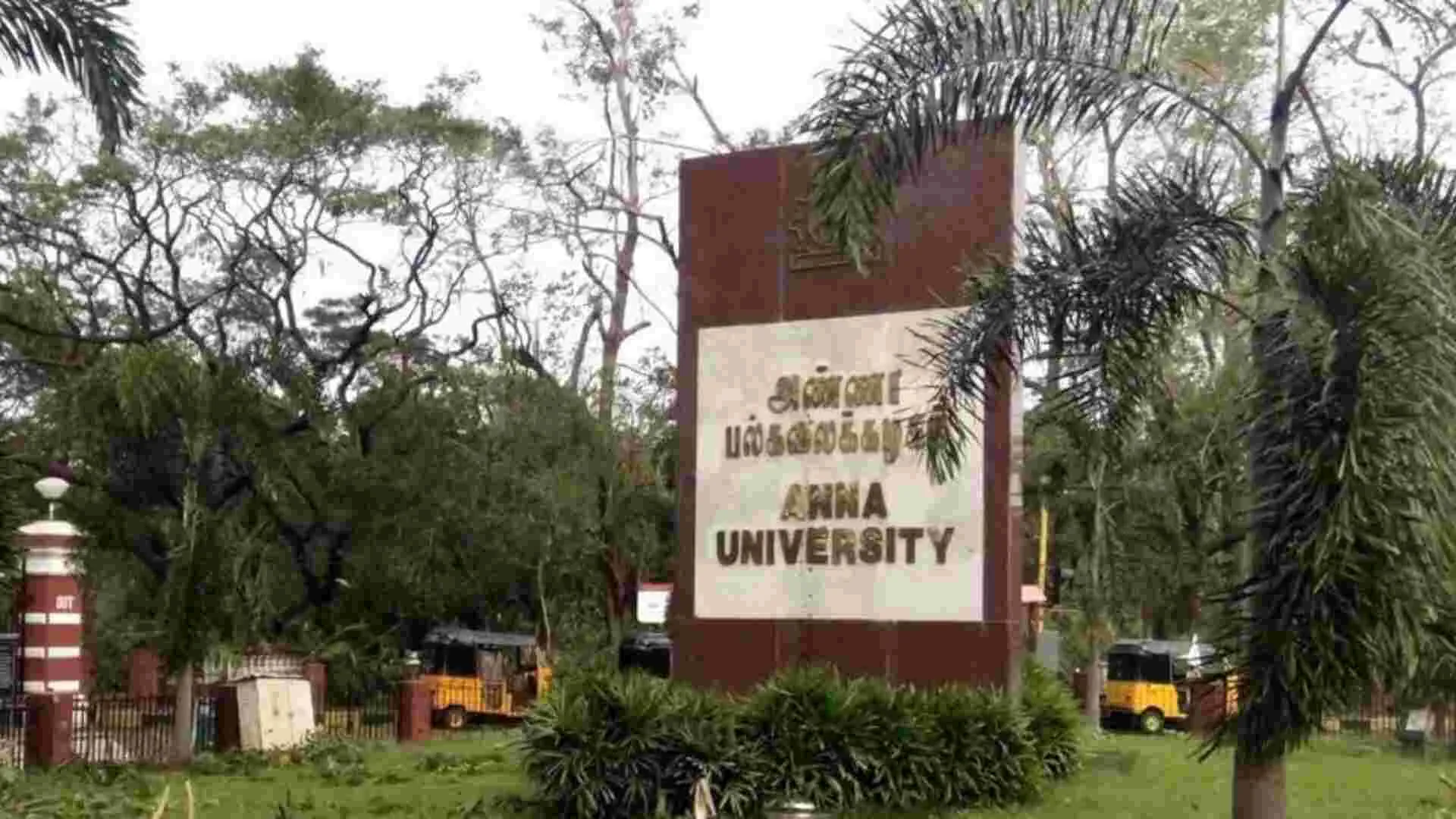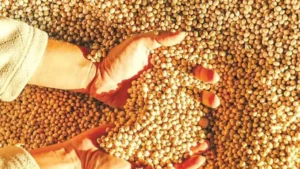India, which imports food from over 100 countries, has rejected multiple food consignments from China, Sri Lanka, Bangladesh, Japan, and Turkey this year due to safety concerns and non-compliance with its food standards. The country’s Food Safety and Standards Authority of India (FSSAI) has taken a firm stance to ensure the safety of its citizens by rejecting these shipments.
India has introduced a new platform, the Food Import Rejection Alert (FIRA), where it publicly lists rejected food items, their sources, and reasons for their rejection. This initiative is part of a larger effort to maintain food safety in the country, which has a population of 1.42 billion.
Reasons for Rejection:
According to the Food Safety and Standards (Import) Regulation, 2017, the FSSAI can issue food alert notifications when consignments do not meet prescribed safety and quality standards.
China
- A shipment of Sushi Nori to Delhi on May 6 was rejected after it was found to contain arsenic, a heavy metal.
- A consignment of Budweiser non-alcoholic beer to Mumbai was rejected on May 31 due to its pH level being lower than the required standard.
Sri Lanka
- On May 24, a consignment of dried cinnamon flower buds was rejected in Bangalore because it required prior approval, as per the FSS Act, 2006.
- On April 22, arecanut shipments to Tamil Nadu’s Tuticorin were canceled due to visible moulds, insect damage, and improper husking.
Bangladesh
- On February 20, arecanut shipments to Tuticorin were rejected due to damage from moulds and insects and excessive moisture content.
Japan
- Three consignments of tea bags sent to Bangalore on June 25 were rejected because the plant ingredient “Rooibos” was not listed as a permitted botanical under the FSS Act, 2006.
Turkey
- A consignment of fresh red apples sent to Kolkata on July 31 was rejected because the remaining shelf life did not meet the required 60% of the total shelf life or three months before expiry.
FSSAI’s Process:
Under the Food Safety and Standards (Import) Regulations, 2017, imported food items undergo a thorough three-tier inspection process, which includes document scrutiny, visual inspection, sampling, and testing.
The launch of FIRA aims to improve transparency by providing information on rejected consignments, enhance traceability to track non-compliant shipments, and ensure rapid responses from authorities to mitigate potential health risks. Through this initiative, India not only seeks to streamline communication but also uphold rigorous food safety standards.












